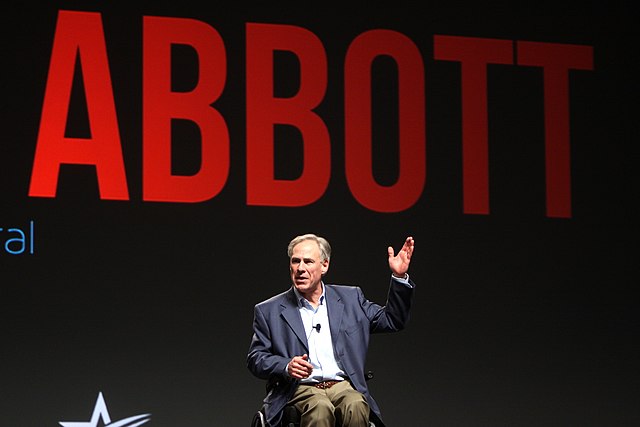
A memo from the Texas Governor’s office, written by Abbott’s Chief of staff, Gardner Pate, states that Texas agencies and institutions of higher education funded by the state are to stop having offices that promote Diversity, Equity, and Inclusion (DEI). “The innocuous-sounding notion of Diversity, Equity, and Inclusion (DEI) has been manipulated to push policies that expressly favor some demographic groups to the detriment of others,” wrote Pate. “Indeed, rather than increasing diversity in the workplace, these DEI initiatives are having the opposite effect and are being advanced in ways that proactively encourage discrimination in the workplace.”
This would look like the prohibition of using race or gender as a factor of employment and admission along with closing down offices that focus on DEI.
“The letter from the Governor’s chief of staff is a reminder that state agencies and public universities must follow federal and state law in their hiring practices. Both federal and state law make equity quotas illegal. Equity is not equality. Here in Texas, we give people a chance to advance based on talent and merit. Aspiring to Dr. Martin Luther King, Jr.’s dream, we should not be judged by the color of our skin, but by the content of our character,” Renae Eze, a spokesperson for the Abbott administration, said in an emailed statement to Inside Higher Ed.
Proponents of Diversity, Equity, and Inclusion state that it allows companies and universities to promote diversity among students and employees across many demographics. This does not only include race and gender, but this also includes income, age, family status, etc.
Equity would be seeing equal outcomes and an equal chance and assisting people based on where they are, who they are, and where they come from.
Inclusion would allow people in the workplace to feel welcomed, heard, and included in company decisions, and have a healthy balance that allows expression while maintaining professionalism and etiquette.
Advocates of DEI state that companies become more profitable as better products are created with a more diverse workforce. Employees who voice their opinions create more ideas. And people who love coming to their job lead to better productivity overall.
In an article by the Dallas Morning News, “DEI policies are meant to create a welcoming culture for people who have been historically underrepresented or discriminated against in the workplace because of factors such as their race, gender or sexual orientation.”
Additionally, for higher education, DEI “policies developed to provide guidance…college campuses intended to increase representation and foster an environment that emphasizes fair treatment to groups that have historically faced discrimination.”
However, in recent years, major companies across the United States, have dropped their DEI offices due to financial strains. Which reveals if these companies truly believed in the idea or not.
Opponents of DEI say that it is a woke political agenda that preferences certain minorities over other demographics. Furthermore, they state that it violates the Equal Protection Clause of the 14th Amendment which states that people cannot be discriminated against for their sex, age, race, religion, etc.
“We call it division, inequity, and indoctrination. The DEI office name is a misnomer,” said Texas House Representative Carl Tepper (R-Lubbock) in an article by KXAN. “We feel like it’s purposely being misused, to push a very woke very liberal agenda. You can have any belief you want, you can have any care about race relations or sexual relations or what have you. But we think that on the state dollar, and the state budget, that these universities, these state departments, departments of the state of Texas, should be neutral.”
Representative Tepper has proposed a bill to end DEI policies in state-funded agencies and institutions. Texas House Bill 1006 calls for:
- Universities to adopt a policy that tells students their rights and responsibilities regarding expressive activity in education.
- Commitment to intellectual freedom and diverse opinions
- Prohibit the funding of any office of Diversity, Equity, and Inclusion (DEI), and any DEI practice that goes beyond what is necessary to uphold equal protection under the law
- Prohibit the endorsement, dissuasion, or interference of any lifestyle, race, gender, sex, religion, or culture
- Anyone can bring a lawsuit against an institution of higher education that does not comply with this law.
In the state of Texas, two lawsuits are playing out over this issue in institutions of higher education. One at Texas A&M University, where an economics professor is stating that the University’s hiring practices violate the Equal Protection Clause by putting him at a disadvantage because he is a white male. He has sued on the grounds that white males and Asians are discriminated against in the University’s hiring practices that prefer certain minorities over white males and Asians.
Additionally, there is a white male student suing six of Texas’s medical schools, claiming that they will place minorities above white males and Asians, even if the test scores of a white male student or Asian student are higher.